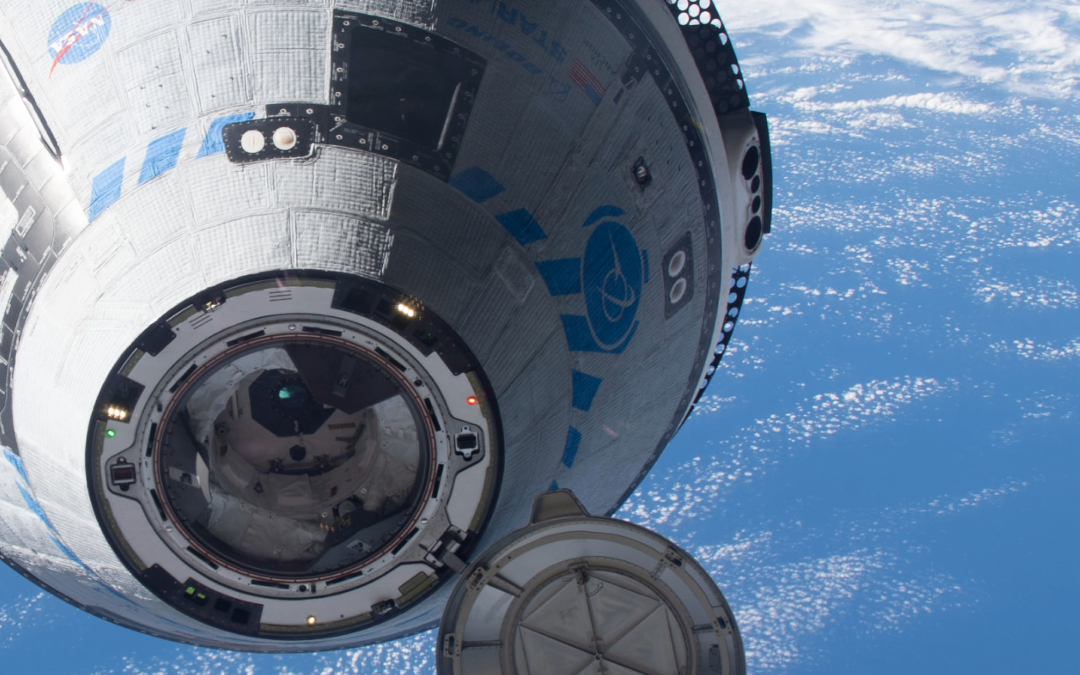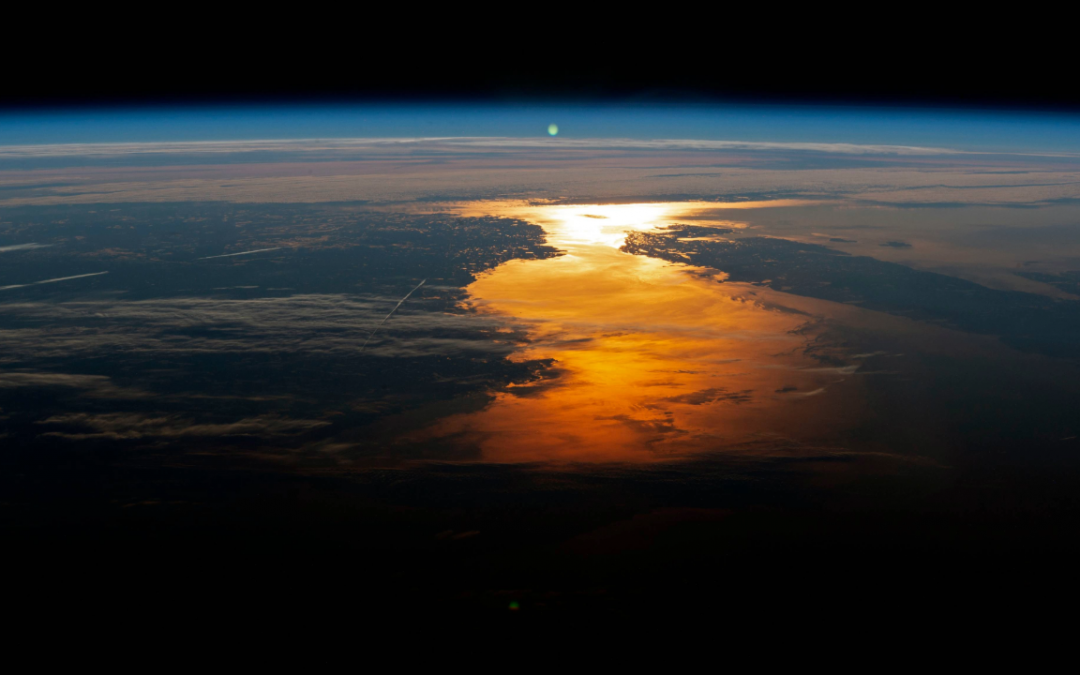Starliner S2.1 docking on May 20, 2022 (NASA) Prior to recording their exoplanets episode, Fraser and Pamela discussed their wild week of space flight news and discussed their concerns about the Starliner and StarShip programs. This is particularly timely as we…














